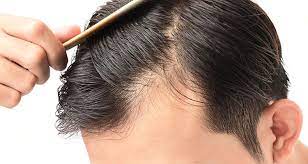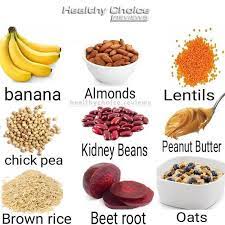A Comprehensive Guide to Mitigate Hair Loss
Hair loss, a concern for many individuals, can be effectively prevented by implementing the following measures. By understanding the intricate dynamics of hair health and incorporating diverse strategies, one can proactively address this common issue. 유해사이트 차단 없애기
Nourish Your Scalp with Essential Nutrients
To maintain optimal hair health, it is crucial to provide your scalp with the necessary nourishment it requires. Consider incorporating a balanced diet rich in vital nutrients, such as biotin, vitamins A, C, and E, as well as minerals like zinc and iron. These nutrients act as building blocks for strong and resilient hair, reducing the likelihood of hair loss.
Embrace Gentle Hair Care Practices
Harsh treatment of your hair can contribute to hair loss over time. Opt for gentle hair care practices to minimize damage and promote healthy growth. This includes avoiding excessive heat styling, such as frequent use of flat irons or curling wands. Instead, embrace natural styles and allow your hair to air dry whenever possible.
Maintain a Stress-Free Lifestyle
Chronic stress can have adverse effects on hair health, potentially leading to increased hair loss. Engage in stress-reducing activities like meditation, yoga, or regular exercise to promote overall well-being and minimize the impact of stress on your hair.
Protect Your Hair from Environmental Damage
Environmental factors, such as exposure to pollution or harmful UV rays, can weaken your hair and contribute to hair loss. Shield your hair by wearing a hat or using protective hair products when venturing outdoors. Additionally, consider rinsing your hair after swimming in chlorinated pools to remove any damaging chemicals.
Avoid Tight Hairstyles and Excessive Manipulation
Hairstyles that involve tight pulling, such as ponytails or braids, can exert excessive tension on the hair follicles, leading to hair breakage and loss. Opt for looser hairstyles that do not strain the hair roots. Similarly, refrain from excessive manipulation, such as vigorous brushing or combing, as it can weaken the hair strands over time.
Seek Professional Guidance
If you are experiencing significant hair loss or have concerns about your hair health, it is advisable to consult a qualified professional. They can assess your specific condition and recommend appropriate treatments or lifestyle changes to address the underlying causes of hair loss.
By following these preventive measures, you can actively safeguard against hair loss and promote the vitality and resilience of your hair. Remember, healthy hair starts with conscious care and a holistic approach to overall well-being.

